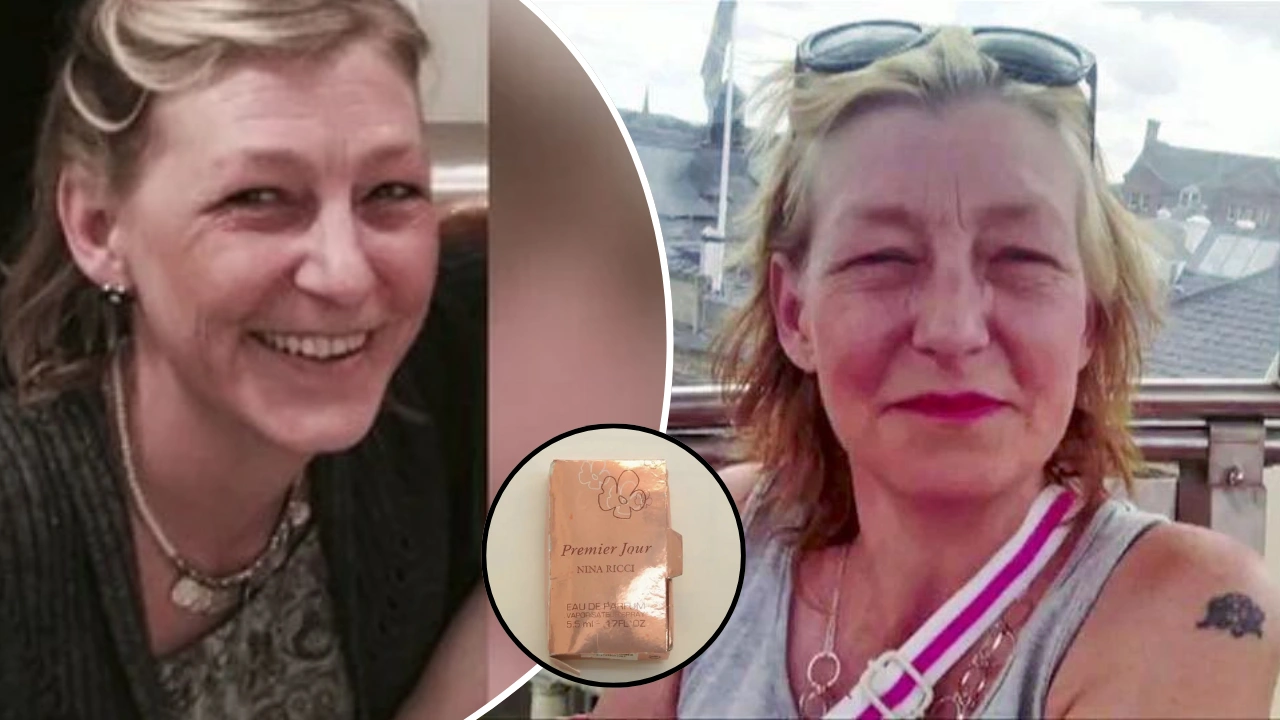Innocent Victim of an International Assassination Attempt
A British woman, Dawn Sturgess, tragically died after unknowingly being exposed to the Soviet-era nerve agent Novichok, becoming an unintended victim in what has been described as an “illegal and outrageous international assassination attempt,” a public inquiry revealed on Monday.
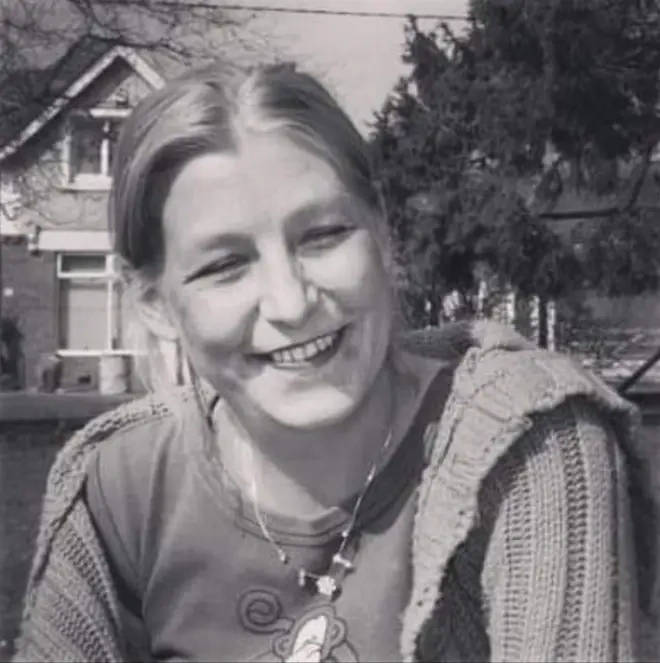
Sturgess, 44, a mother of three, died in July 2018 after mistaking a discarded bottle containing the deadly nerve agent for perfume and spraying it on herself. The toxic substance had been left behind following a failed assassination attempt on Sergei Skripal, a former Russian double agent, in Salisbury, southwest England.
Skripal Poisoning: Novichok Exposure Leaves Trail of Victims
The U.K. government has stated that the attack on Skripal, which led to Sturgess’ death, was “highly likely” ordered by the Kremlin.
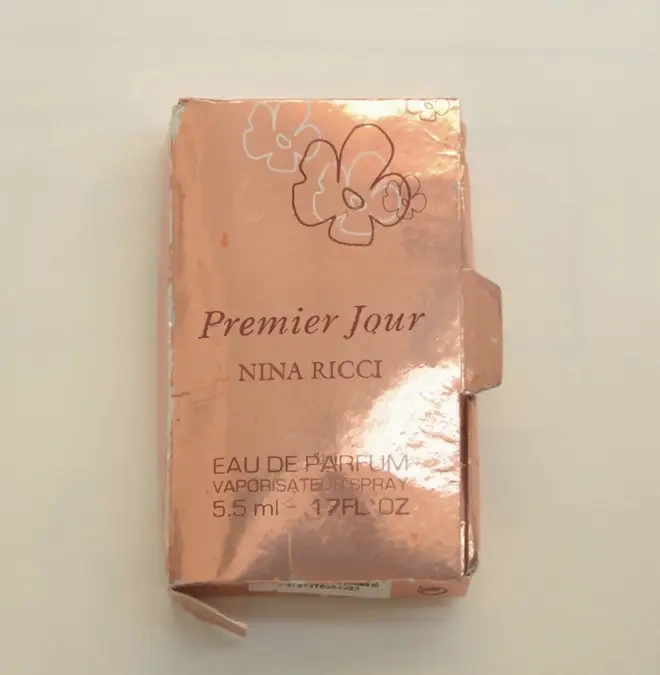
Sergei Skripal and his daughter Yulia were found unconscious on a park bench in Salisbury in March 2018 after being exposed to the deadly Novichok nerve agent. Fortunately, both survived following intensive medical treatment and now live under protection.
Dawn Sturgess, who died after being poisoned in Amesbury, was described today as an intelligent and kind woman.
— Channel 5 News (@5_News) October 15, 2024
Her mother told an inquiry that her family find comfort that Dawn's was the only life lost, when the potential harm was much more.@tessa5news reports. pic.twitter.com/xHrPG2YAVQ
During the opening of public hearings into the death of Dawn Sturgess, who unknowingly came into contact with the nerve agent, inquiry lawyer Andrew O’Connor revealed chilling details. He explained that the discarded perfume bottle, which Sturgess had sprayed on herself, contained enough Novichok to poison “thousands” of people potentially.
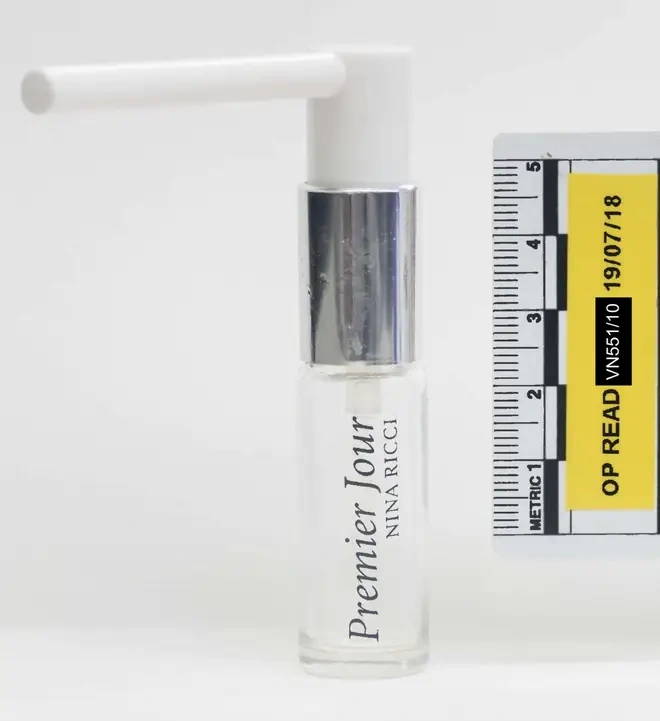
O’Connor emphasized the extraordinary nature of Sturgess’s death, stating, “When Ms. Sturgess was poisoned by Novichok four months after the Skripal attack, the real possibility emerged that she had become an innocent victim, tragically caught in the crossfire of an illegal and outrageous international assassination attempt.”
This is Dawn Sturgess.
— Fellaraktar🇺🇦 (@fellaraktar) October 15, 2024
She died in July 2018 after inadvertently spraying herself with the nerve agent Novichok from a perfume bottle.
The perfume bottle was found to contain enough Novichok to kill “thousands of people”.
It had been discarded by incompetent ruSSian… pic.twitter.com/Qpyz0MEnn4
UK-Russia Relations Plunge After Failed Assassination Attempt
British officials suspect that the attackers who targeted Sergei Skripal carelessly discarded the perfume bottle, inadvertently linking the two cases of Novichok poisoning. Authorities now consider these incidents to be “inextricably connected.”
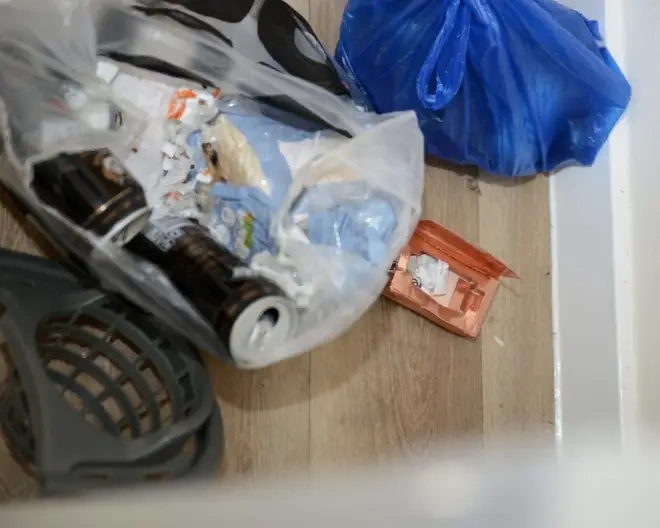
The assassination attempt on Skripal, a former Russian double agent whom President Vladimir Putin reportedly sought to avenge, led to a sharp deterioration in UK-Russia relations, reaching one of their lowest points in recent history.
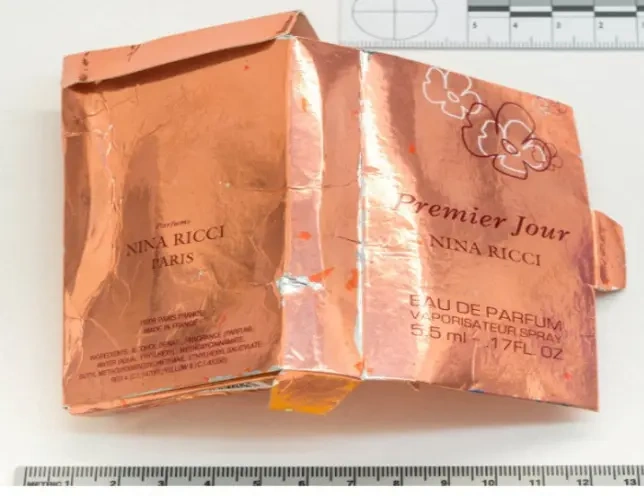
The UK government has identified two Russian intelligence officers as the prime suspects in the Novichok poisoning, accusing them of entering the country using false identities. A third individual is alleged to have orchestrated the entire operation.
Public Inquiry Probes Possible Failures in Preventing Novichok Attack on British Soil
“I was pardoned by the president and considered a free man, with no criminal record under Russian law. Never did I imagine the Russian government would attempt to assassinate me in the UK,” Skripal stated through a message read by O’Connor.
“They could have easily ended my life while I was in custody if that had been their intention.”
Skripal went on to assert that he believed President Putin “must have at least approved the attack,” adding, “Putin takes all key decisions himself.”

Michael Mansfield, the attorney representing the family and partner of Dawn Sturgess, highlighted that the threat to Skripal was predictable. He emphasized that a crucial question for the inquiry is whether UK authorities acknowledged the potential risk he posed to the wider community.
“If the UK government could have prevented this attack, Dawn’s family, her partner, and the public deserve answers,” Mansfield argued. “Was there a failure to stop a chemical weapons attack on British soil? Were members of the public exposed to danger, with the possibility of mass casualties?”
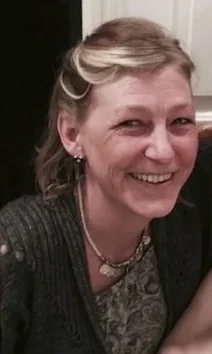
Heather Hallett, the coroner who oversaw the 2018 inquest into Sturgess’ death, agreed that a public inquiry was essential to examine the circumstances surrounding her passing thoroughly.

